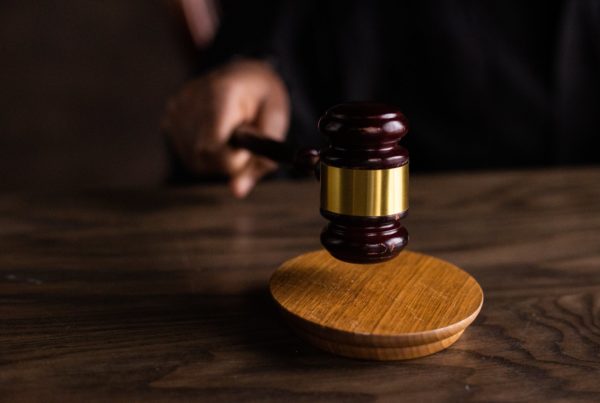
In recent years, website accessibility has become an increasingly important issue globally. Making websites accessible means making them usable for people with disabilities. This can include those who are blind, deaf, have motor impairments, or other disabilities.
Many countries have introduced legislation requiring websites, particularly government websites, to meet certain accessibility standards. But is website accessibility a legal requirement in Portugal? Let’s take a look at the current situation.
Background on Web Accessibility
First, it’s helpful to understand what web accessibility entails. The Web Content Accessibility Guidelines (WCAG) are the main international standards for accessible website design.
The current version, WCAG 2.1, outlines 3 levels of conformance: A, AA, and AAA. Level AA is generally considered the minimum standard for most organizations. Some key criteria at this level include:
- Text alternatives for images and multimedia
- Captions for audio content
- Keyboard accessibility
- Color contrast standards
- Ensuring content is readable and understandable
Web accessibility benefits people with a range of disabilities. It also tends to improve usability for all users.
Legal Situation in Portugal
In Portugal, there is currently no overall law that clearly establishes website accessibility as a broad legal requirement. However, there are some important considerations:
Government Websites – Decree-Law 83/2018 sets accessibility requirements for government bodies. Their websites and mobile apps need to conform to WCAG 2.1 Level AA. This applies to national, regional, and local public authorities.
Anti-Discrimination Laws – Portugal’s anti-discrimination laws prohibit denying access to goods and services based on disability. An inaccessible website may violate these laws in some cases, such as government services.
EU Web Accessibility Directive – As an EU member state, upcoming EU regulations are likely to impact Portugal. The EU Web Accessibility Directive aims to harmonize accessibility standards for public sector bodies across the EU.
While not legally binding yet, the EU directive indicates which way policy is headed. Complying with WCAG 2.1 AA will be important for public sector organizations.
Another relevant law is the Disabilities Act, which promotes accessibility including on communication platforms. However, the scope is somewhat vague.
Overall, there are currently no Portuguese laws broadly mandating accessibility for private company websites. But expectations are shifting, and many companies are working to improve their accessibility voluntarily.
Reasons to Prioritize Accessibility
Whether legally required or not, there are compelling reasons for organizations to make their websites accessible:
- It helps fulfill social responsibility commitments and meet ethical obligations to make services available to all.
- An accessible site can help attract and retain customers with disabilities, a large market segment.
- It demonstrates a commitment to inclusivity and human rights.
- Accessible sites perform better in search engines like Google.
- It minimizes the risk of legal complaints and liability under discrimination laws.
Aiming for at least WCAG 2.1 Level AA conformance is smart future-proofing. It also benefits people without disabilities through better design.
Looking Ahead
While public sector organizations have a legal duty to make accessible websites, the private sector lacks clarity. However, Portugal’s aging population and anti-discrimination laws make accessibility important for all.
As technology continues advancing, Portugal is likely to follow the EU in strengthening laws around website accessibility. Organizations that get ahead of the curve will be in a stronger position.
Making websites accessible is both an ethical imperative and smart business practice. With some foresight and effort today, companies can avoid playing catch-up down the road. Creating an accessible online presence demonstrates social commitment and helps expand market reach.


